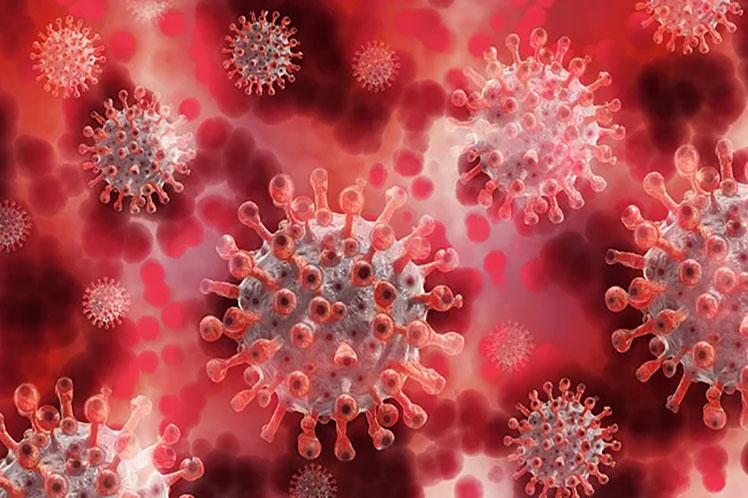A group of Japanese scientists suggested that the lambda´s spike protein, discovered in Peru last August and currently widespread in at least 30 nations, is highly contagious due to its T6I and L452Q mutations, whose appearance changed the nature of adhesion of the virus to ACE2 cell receptor.
Although the research is not peer-reviewed so far, Lambda is believed to infect cells as actively as Delta variant does, the latter regarded as one of the most contagious strains in the world.
The RSYLTPGD246-253N mutation is responsible for the evasion of neutralizing antibodies and was described by experts as ‘unique’, a feature present in only that variant of the virus supposedly responsible for the spread in South America.
To neutralize the so-called ‘Andean variant’, about 1.5 times more antibodies are needed than in other strains, due to the disappearance of a large part of the coding genome of the N-terminal domain.
Past June, the World Health Organization (WHO) listed Lambda as ‘a variant of interest’, while its virological characteristics and evolutionary trait remain unclear.
pgh/Pll/msm / nmr










